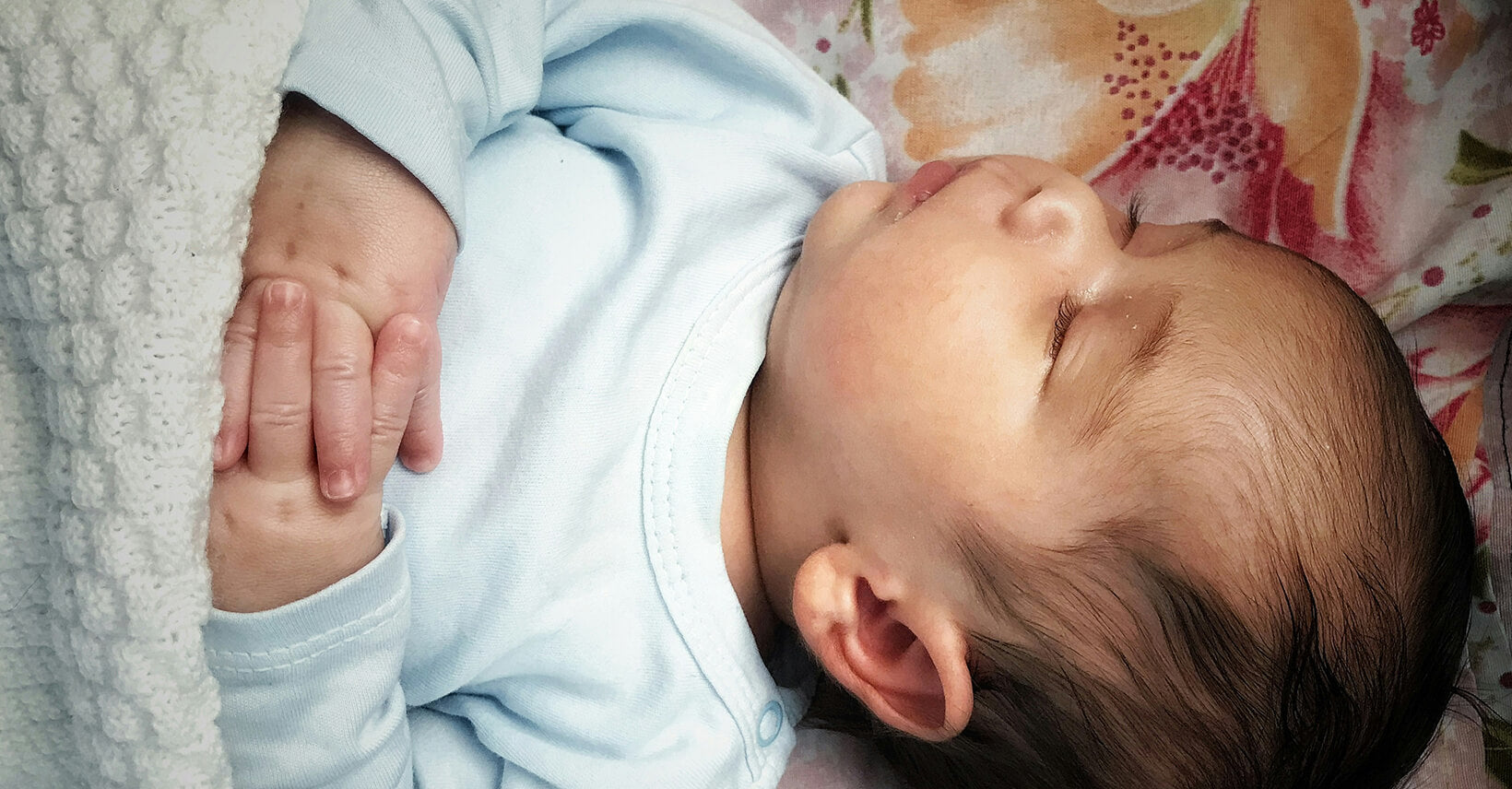


If your little one is nearing 11 months old, you've likely faced a string of sleep challenges. You've probably spent many late nights desperately trying every trick to get your wide-eyed baby to slumber. Hey, we've all been there - welcome to the club of tired parents!
But now, let's talk about a nifty hack - implementing an effective sleep schedule for your babe. Not only will it help your little sweetheart sleep soundly, but it can also give you more precious personal time. Does it sound like a superhero master plan? Don't worry, Kaiya Baby will be with you to unveil the mysteries behind this secret weapon!
At this age, daytime naps remain crucial for babies' swift cognitive and emotional development. They help consolidate learning and memory, while sustaining energy between morning and afternoon.
When babies look tired with increased blinking, eye rubbing, or yawning, it signals nap time. 11-month-olds typically need 2-3 hours of daytime sleep split into 2-3 nap cycles.
Morning nap: Generally between 9-10 AM, lasting 45 mins to 1 hour.
Midday nap: Typically 12-1 PM, lasting 1.5 to 2 hours.
Afternoon nap (if needed): Usually 3-4 PM, lasting 45 mins to 1 hour.
Naps replenish babies during this rapid stage of growth. By tuning into your baby's cues and establishing a consistent nap schedule, you can ensure your little one gets the daytime sleep essential for their blossoming brain and body.
As babies reach 11 months old, their eating schedule becomes increasingly important as their appetite and nutritional needs change with age.
Breakfast is often the most important meal of the day, providing energy and nutrition to start. Aim for breakfast between 6-8am.
Milk or dairy: Continue breast milk or formula, or offer yogurt, cheese.
Protein: Egg, tofu, fish.
Fruit: Diced soft fruit like banana, pear, or pomegranate seeds.
Offer small snacks between breakfast and lunch to maintain energy, such as crackers, yogurt, or diced fruit.
Lunch is typically between 12-1pm. Include:
Grain: Rice, pasta, or potato.
Vegetable: Steamed or roasted for easy digestion.
Protein: Meat, fish, chicken, or tofu.
Dinner is generally between 6-7pm. Aim for a variety of foods similar to lunch for balanced nutrition.
Before bed, milk or dairy can help baby settle.
Ensure adequate hydration, especially with solids.
Watch for preferences and allergies. Slowly introduce new foods and monitor reactions.
When your little one reaches 11 months old, establishing a proper bedtime routine is crucial for their nightly slumber. To ensure they get ample rest at night, first create a consistent bedtime. Choose a time that works for your baby to fall asleep and stick to it nightly.
Experts typically recommend a bedtime between 6pm and 8pm for 11-month-olds. Babies this age have an earlier circadian rhythm. Turning in earlier allows them to get more deep, quality sleep which is essential for their growth and brain development. This timeframe also tends to give parents enough time to get baby ready for bed and enjoy some me-time afterwards.

However, bedtime is not one-size-fits-all but rather based on each family and baby's unique needs. Every baby has their own rhythm and sleep requirements. If your baby shows clear tired signs within this window, that's the right bedtime for them. It's important to observe your baby's cues to determine when they are primed for sleep, ensuring they get the rest they need.
Additionally, a soothing pre-bed routine like a bath, getting into pajamas, or simply reading a cozy story is also crucial. These activities help baby wind down and get bed-ready. Make sure the sleep environment is comfortable, dark, and peaceful for optimal rest. If baby needs night feeds or wakings, keep things quiet and low-stimulation to help them back to sleep as soon as possible. With these tips, you can optimize your baby's nighttime schedule and support more serene, restorative sleep.
11-month-old babies need about 12-14 hours of sleep daily, including nighttime sleep and daytime naps. Exact needs vary by baby.
Typically they sleep 10-12 hours at night with 1-2 night wakings.This is normal as the baby may still be adjusting to a full night's sleep at this stage.
Daytime naps are 2-3 cycles of 45 minutes to 1.5 hours each. Morning and afternoon naps are common, with an optional early evening catnap. Naps during the day help replenish your baby's energy and keep them awake and active.
Every baby is unique with different sleep needs. Observe cues and adjust schedule accordingly. A consistent routine in a restful environment is key for quality sleep. Consult your pediatrician if you have concerns.
|
11 Month Old Schedule |
|
|
Time |
Activity |
|
7:00 AM |
Wake up, breastfeed/formula feeding |
|
8:00 AM |
Breakfast |
|
10:00 AM - 11:30 AM |
First nap, followed by breastfeeding |
|
12:30 PM |
Lunch |
|
3:00 PM - 4:00 PM |
Second nap, followed by breastfeeding |
|
5:30 PM |
Dinner |
|
7:00 PM |
Begin bedtime routine |
|
7:30 PM |
Baby goes to sleep |
This is a sample daily schedule for an 11-month-old to help plan baby's day. Note this is just an example - adjust based on your baby's unique needs and cues.

Lily Hou
An expert in sleep sack design, is a valued contributor to Kaiya Baby's blog. With a strong background in baby sleep bags and maternal care, she is highly regarded for her professionalism. Lily prioritizes baby comfort and safety in her designs, using high-quality materials. Her insightful articles on sleep bags have been featured in reputable publications and have gained a significant readership. Trust Lily to help you create a comfortable and safe sleep environment for your baby, backed by her proven track record in the industry.
Leave a comment
This site is protected by hCaptcha and the hCaptcha Privacy Policy and Terms of Service apply.